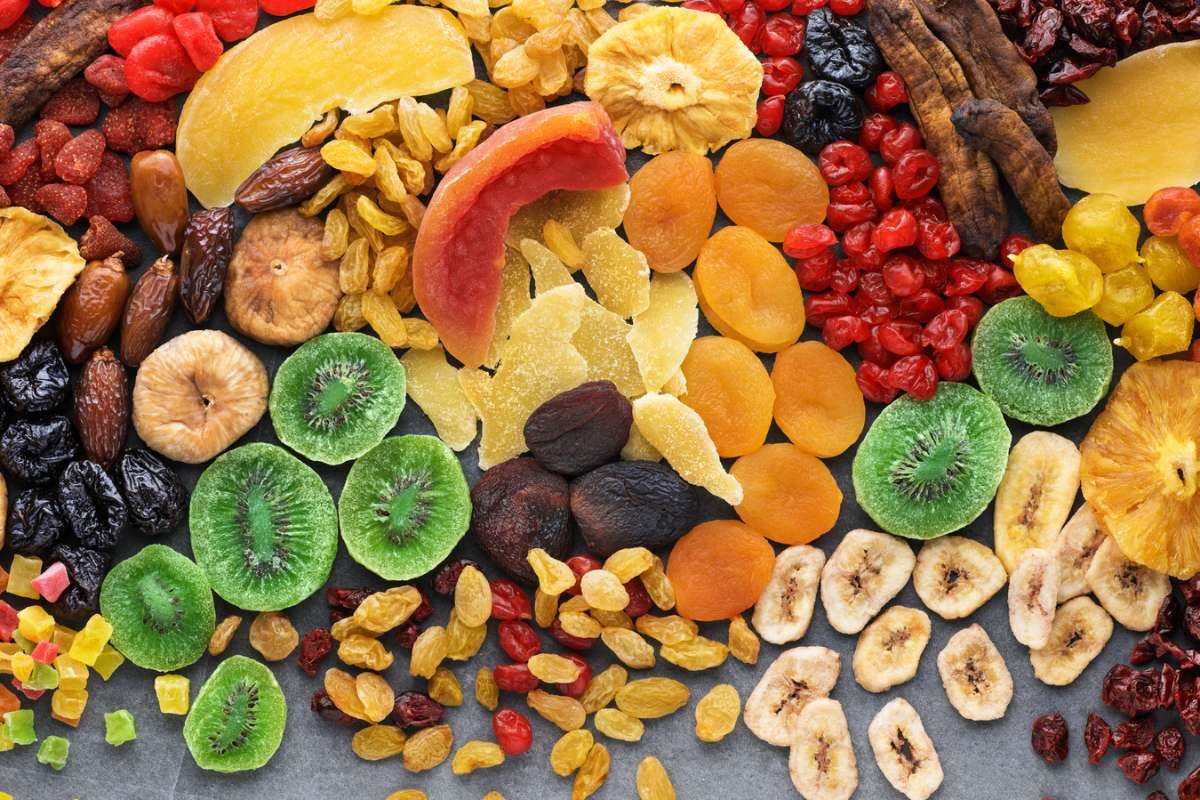A new study published in the BMJ offers some sweet news for chocolate lovers: Eating Dark chocolate may lower diabetes risk. However, the study also highlights important caveats, warning that the wrong type of chocolate, such as milk chocolate, could contribute to excessive weight gain over time.
The research, led by Binkai Liu, a doctoral student in the Department of Nutrition at Harvard T.H. Chan School of Public Health, emphasizes that not all chocolate is created equal. The study found that dark chocolate, rich in antioxidants, showed protective benefits against diabetes, whereas milk chocolate did not offer the same advantages and instead posed risks for weight gain.
Over the three decades of research, involving nearly 19,000 participants who developed Type 2 diabetes, approximately 4,800 were regular chocolate consumers. The findings revealed that those who ate five or more servings of dark chocolate per week had a 21% lower risk of developing Type 2 diabetes.
Why Dark Chocolate is Different?
The researchers noted a surprising contrast between dark and milk chocolate in their effects on diabetes risk and weight management. Despite having similar calorie and saturated fat content, dark chocolate appears to have health-protective effects due to its high polyphenol content.
Polyphenols are powerful antioxidants found in plants that can combat inflammation, protect against free-radical damage, and promote overall health. These compounds are thought to play a key role in dark chocolate’s ability to reduce the risk of diabetes.
Registered dietitian nutritionist Stephanie Schiff advises choosing chocolate with at least 60% to 70% cacao content, as it contains more flavonoids—another type of antioxidant found in chocolate, fruits, vegetables, and tea. Schiff also suggests pairing chocolate with nuts, such as almonds, to reduce blood sugar spikes, as the healthy fats and proteins in nuts can help stabilize glucose levels.
For those looking to incorporate dark chocolate into their diet, Schiff recommends limiting consumption to about an ounce a day. Alternatively, adding 100% cacao powder to oatmeal or coffee is another healthy way to enjoy its benefits.
Not a Cure-All for Diabetes
While dark chocolate has potential health benefits, it’s not a miracle solution for diabetes prevention. Dr. Qi Sun, an associate professor of nutrition and epidemiology at Harvard and the study’s lead investigator, cautions that dark chocolate should not be viewed as a magic bullet for preventing diabetes. Instead, it can be part of an overall healthy lifestyle that includes a balanced diet and regular exercise.
The study also noted that participants who consumed more dark chocolate tended to have better diet quality overall, eating more fruits, vegetables, and foods rich in flavonoids.
However, the findings may not apply to everyone. Most study participants were older white adults who consumed relatively small amounts of chocolate. Therefore, additional research is needed to determine whether these results extend to other populations.
Alternative Sources of Flavonoids
Not all experts are convinced that dark chocolate should be a go-to option for preventing diabetes. Dr. Nestoras Mathioudakis, co-medical director of the Diabetes Prevention and Education Program at Johns Hopkins Medicine, suggests seeking alternative sources of flavonoids. Foods like blueberries, blackberries, pomegranates, apples, and tea are rich in these antioxidants and may offer similar benefits without the added calories and sugar in chocolate.
Red wine is another source of flavonoids, but Mathioudakis does not recommend it due to the risks associated with alcohol consumption.
While dark chocolate can be a tasty addition to a healthy diet, experts agree it should be consumed in moderation and not as a substitute for other nutrient-rich foods that support overall health.









